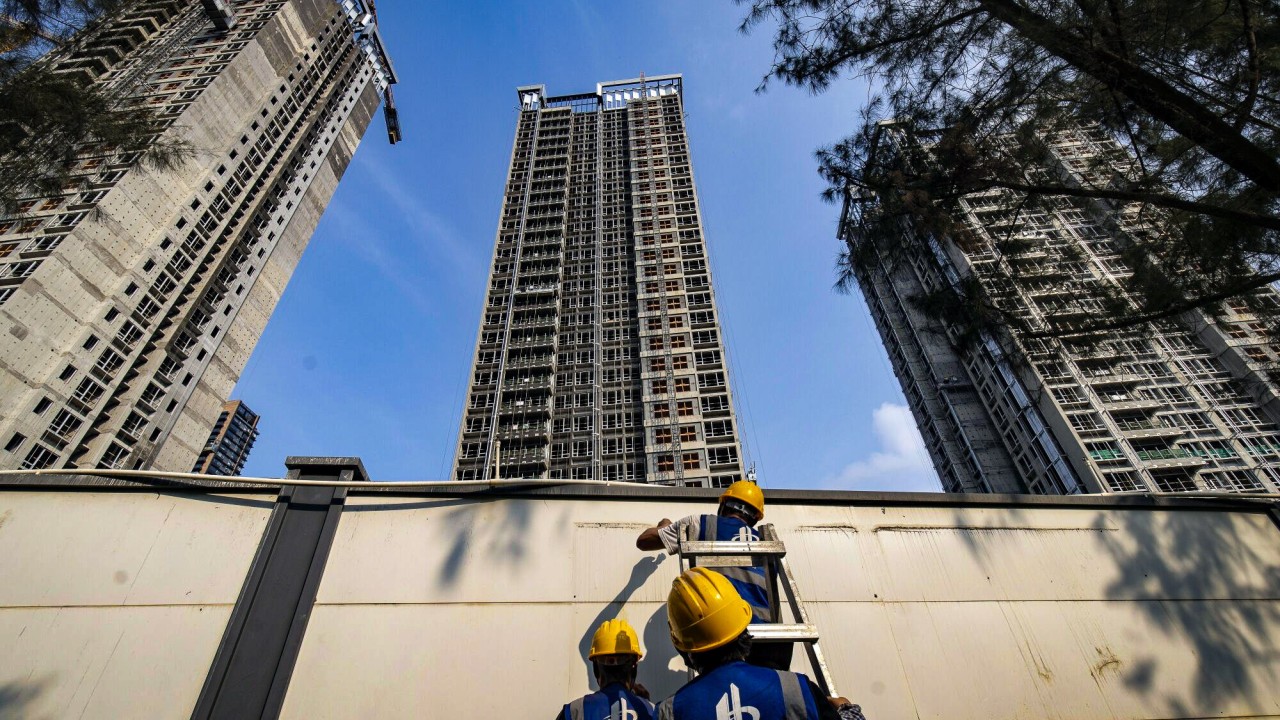Shenzhen joins Chinese local governments taking unsold homes off developers’ hands


Shenzhen Public Housing Group, backed by the city’s State-owned Assets Supervision and Administration Commission, said it plans to purchase unsold homes from enterprises as backup affordable housing, according to a notice on its official WeChat account late on Wednesday.
Homes, flats and staff accommodations of up to 65 square metres in size will be considered under the scheme, but whole buildings will have priority. The scheme will continue until October 31, according to the notice.
The move comes almost three months after Chinese authorities announced a historic rescue package in May, including a 300 billion yuan (US$42 billion) relending fund for local state-owned enterprises to buy unsold homes for use as affordable housing.
Ten Chinese cities, including central municipality Chongqing, southern Yunnan province capital Kunming, and Dalian in northeastern Liaoning province, have introduced such schemes, according to property think tank China Index Academy. Shenzhen, China’s technology hub, is the first of the country’s four first-tier cities – Beijing, Shanghai and Guangzhou are the others – to take such a step.
In Beijing last month, a property agent association launched a pilot programme, under advisement from the city’s housing bureau, to encourage homeowners to swap old homes for new ones. Under the scheme, homeowners can pre-order a new home, and the association will help them sell their current home. Cash from the sale of the old home goes to the new home’s developer as a down payment.
As of Tuesday, one deal has been completed and about 18 are expected to finish soon, according to the association.
“De-stocking has been a focus in the property sector, and the purchase schemes introduced by local governments have become one of the forceful tools to achieve the goal of clearing housing inventories,” said Xu Yuejin, an associate research director at the China Index Academy.
However, such schemes still face challenges, like the pricing of unsold homes and a mismatch between supply and demand, Xu said.
“For example, the cities that see strong demand for affordable housing, like the first-tier cities and core second-tier cities, usually have relatively less home inventory,” he said. “Developers are less likely to offer discounts to sell their inventories.”
The size and the scale of the relending fund is the other challenge, Xu said. Only 12.1 billion yuan of the 300 billion yuan remained as of the end of June, according to official data.
The entire fund will buy only 7.6 per cent of new homes, far less than the market needs for a meaningful revival, Xu said.
Source link



